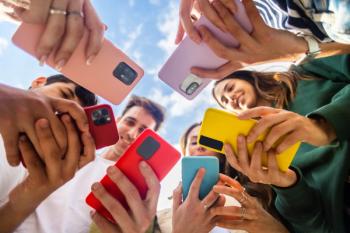
Here’s everything you need to know to about how to integrate apps into your clinical practice.

Dr Torous is Director of the Division of the Digital Psychiatry, Beth Israel Deaconess Medical Center (BIDMC), Harvard Medical School.

Here’s everything you need to know to about how to integrate apps into your clinical practice.

The last year has seen an unprecedented shift in the medical landscape, and mental health care is no exception. Experts look at the evidence and risks of digital tools, apps, telehealth, and other technologies for the treatment of serious mental illness.

Against a sea change in real-world practice of technology in psychiatry, John Torous, MD, MBI, shares what clinicians can expect next.
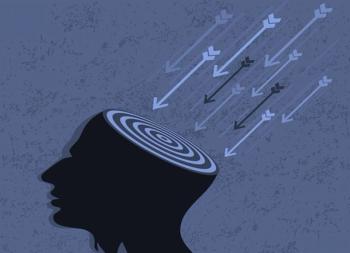
Sometimes, the book is better than the movie; sometimes vice versa. But there is a lot we don't know as to why in-person therapy works for some and why digital works for others. In this video, experts discuss the evidence.

COVID-19 has spurred many changes leading to wider adoption of various technologies to support public health efforts. But even data collected for the greater good can have unintended negative or punitive consequences.

Based on recent data, it is looking more and more like the answer may be that social media is not particularly beneficial for most of us.
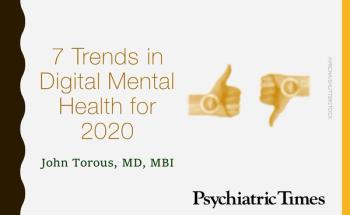
It has been a busy year for digital mental health. While no one knows what 2020 will bring, some themes are sure to continue to shape the field.

Across all mental illnesses, especially in schizophrenia, the goal is to optimize cognitive functioning. Digital Psychiatry Section Editor John Torous, MD, MDI, sheds light on new advances.

Technology addiction and screen time are topics of increased concern, but often the discussion does not focus on solutions. In this video, John Torous, MD discusses a new randomized clinical trial that explores the efficacy of CBT to guide patients in their recovery.

While conversational agent technology is growing rapidly, the various technologies (chatbots) might not yet be fully equipped to help patients with clinical needs.

Among the innovations presented at the 2019 APA meeting: voice analytics for detecting and monitoring mood, and smartphone and web-based passive data as a digital biomarker for mental health disorders.
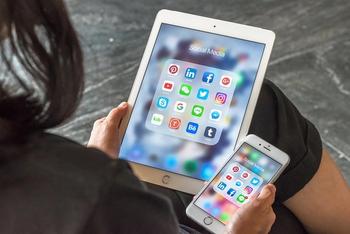
How safe and effective are mental health apps? What’s the impact of social media on youth? Insights here from presenters at APA 2019.

You don’t need to be a tech wizard to help patients and offer guidance on digital mental health tools.
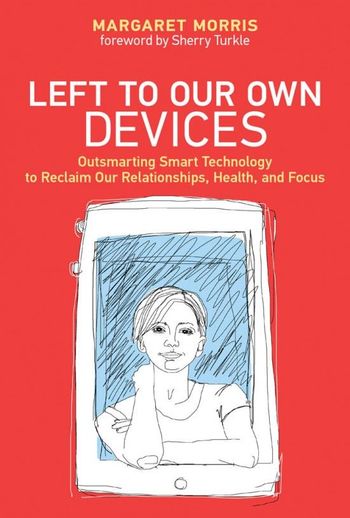
As interest in mental health technology grows, so do questions about its risks and benefits. more in this book review.
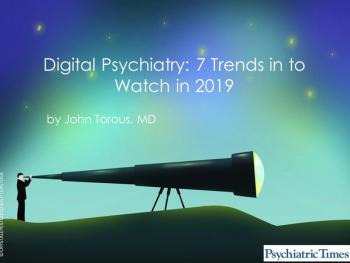
While no one can predict the future, it is clear that 2019 will be a transformative year for smartphone apps, sensors, chatbots, and much more. Here are 7 trends to follow.
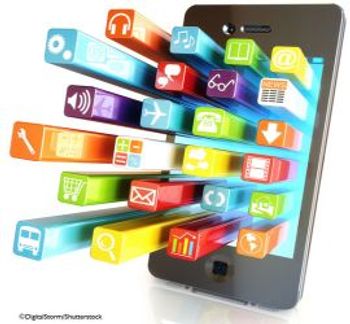
As children raised on technology, it seems only natural that adolescents turn to the internet when they experience stress or mental health related symptoms. Turns out, this is both a good and bad thing.

With patients already turning to smartphone apps to monitor symptoms, are they practical in clinical care? Take the quiz and learn more.

Dr. Torous looks at the pros and cons of digital psychiatry with the goal of framing the opportunities and challenges for the year ahead.
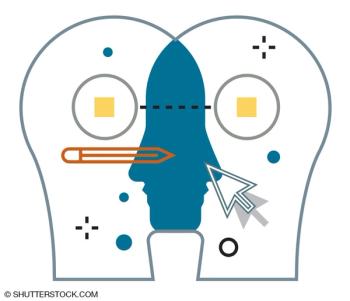
To explore the evolving role of smartphones in psychiatric care, this article focuses on schizophrenia as a disease-specific example of how new research and technologies are already being used to improve care.

What does the evidence tell us about digital sensors for treatment adherence in patients with schizophrenia and other psychiatric disorders?

With over 10,000 mental health related smartphone apps out there, how can a psychiatrist determine which are useful and which may be harmful? Chair of the American Psychiatric Association’s Workgroup on SmartPhone Apps offers tips in this brief video.

Do wearable fitness trackers show promise for alleviating symptoms of bipolar disorder, depression, and schizophrenia? The answer might surprise you.
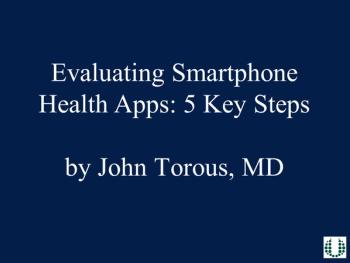
Finding a smartphone health app can be a challenge for both patients and physicians. A new evaluation model can help guide informed decision-making.
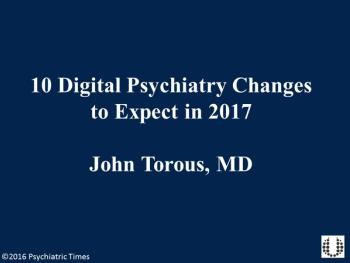
This has been a busy year for mental health technologies, but 2017 promises to bring advances never before seen in psychiatry.
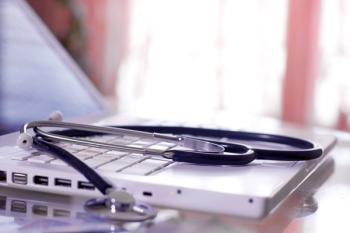
Experts discuss positive computing, an emerging field at the intersection of mental health and technology.

A podcast on the role of randomized controlled trials in mobile mental health research.
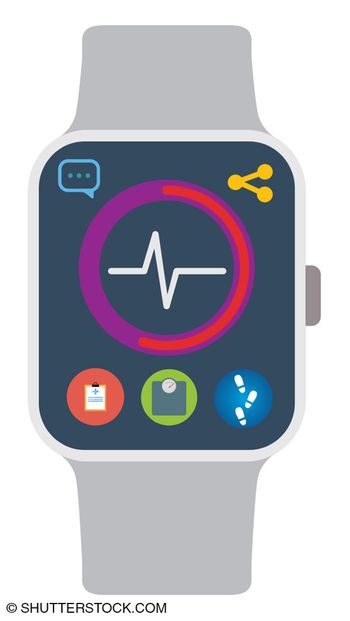
Can a wearable device improve mental health outcomes?
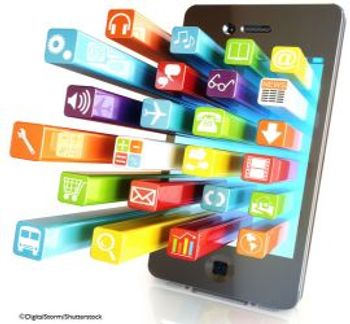
Is there clinical evidence for the use of digital tools like smartphone apps for schizophrenia and other psychiatric illnesses?

With now over 165,000 health care apps directly available for download today, how can psychiatrists identify which are the most helpful and which to avoid?

A podcast on new digital technologies for psychiatry.

Published: May 1st 2021 | Updated:

Published: June 26th 2023 | Updated:

Published: June 11th 2020 | Updated:
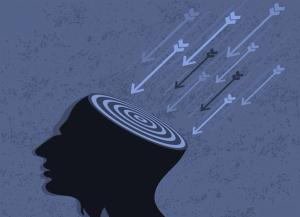
Published: June 26th 2020 | Updated:
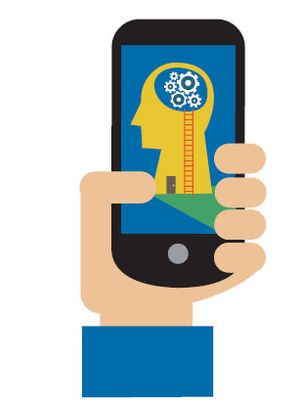
Published: September 22nd 2015 | Updated:
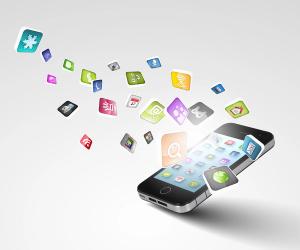
Published: November 30th 2015 | Updated: